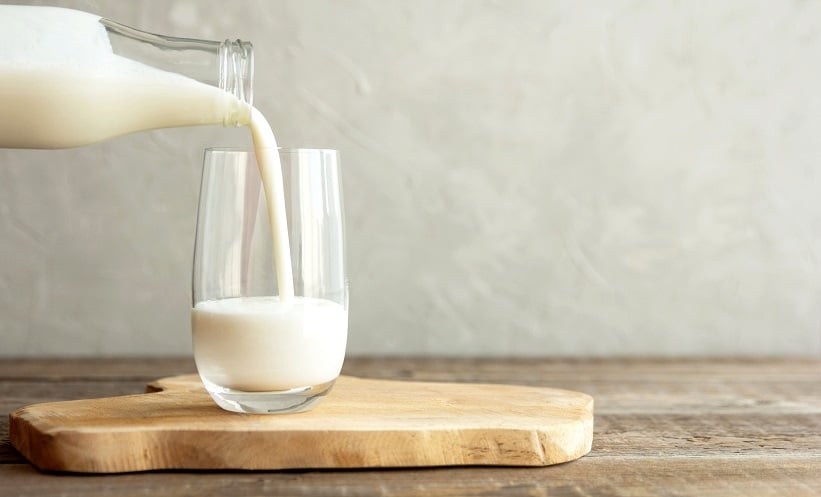DESENSITISATION to baked and unheated milk has been achieved using baked milk oral immunotherapy (BMOIT), according to data presented at the 2024 American Academy of Allergy, Asthma & Immunology (AAAAI) Annual Meeting, which took place in Washington, D.C., USA, from February 23rd-26th 2024.
To compare BMOIT to placebo in children allergic to baked milk (BM), researchers conducted a Phase II double-blind, placebo-controlled trial. The active treatment group (BMOIT/BMOIT) received 2,000 mg of BM. Participants received oral food challenges (OFC) for 12 months. Subsequently, unblinding occurred, and the placebo group crossed over to active therapy (placebo/BMOIT). The trial continued for an additional 12 months following this crossover. After 2 years, further OFC to baked and unheated milk were performed.
In the BMOIT/BMOIT group (n=30), 24 completed the 24-month OFC, with 79% tolerating the maximum cumulative dose of 4 g, and 92% tolerating ≥2 g of BM. No difference was seen in this between the BMOIT/BMOIT and placebo/BMOIT groups.
Tolerance to a higher median unheated milk dose was achieved in the BMOIT/BMOIT group at 5,530 mg (range: 1,030–8,030 mg), compared to the placebo/BMOIT group, who achieved a median tolerance of 1,030 mg (range: 430–5530 mg; P=0.01).
In the second year of the trial, symptoms occurred with 12% of BM doses. The most frequent symptoms were oropharyngeal and gastrointestinal, and of these, >98% were mild, with no severe reactions.
The researchers concluded that BMOIT resulted in desensitisation to baked and unheated milk after 12 and 24 months of treatment, and that the efficacy appeared to increase with increased treatment duration. Given that cow’s milk allergy is the most common food allergy, and there is currently no known treatment, the findings from this trial provide hope for potential future therapeutic strategies.






